Chalky soil in gardens is somewhat tricky to manage, especially in terms of water retention and drainage. Some plants, however, have evolved to feel better than others in chalky soil. Let's look at the characteristics of this growing medium and the plants that will be the optimal choice for such an environment.
Chalky Soil Peculiarities & Hints
Built-up calcium carbonate is responsible for all the challenges and benefits that chalky soil poses. Its structure is often stony, and it dries out fast. Some nutrients, such as iron and manganese, get locked up in the soil, and this causes nutrient deficiencies in plants. It's important to remember that the pH level of this soil is 7 and higher, which makes it alkaline soil. That's why you should opt for drought-tolerant and alkaline-loving garden plants and spend extra time securing proper drainage.
It's also better to plant younger plants than, for example, replant mature plants into chalky soil – they have more chances to establish successfully. For the greater comfort of the plants that grow in chalky soil, consider planting ground cover plants first, such as clover or lupine - they will help retain necessary moisture and coolness.
List of Outdoor Plants for Chalky Soil
California Poppies
These flowers create lush blanket-like flowerbeds of a variety of colors. California poppies are very low-maintenance and thrive in poor soil and full sun. Watch out for overfertilizing them, they are prone to developing chemical burns as a result. These tender-looking garden beauties do best under cooler temperatures 50-75˚F (10-23˚C) and low to moderate air humidity.
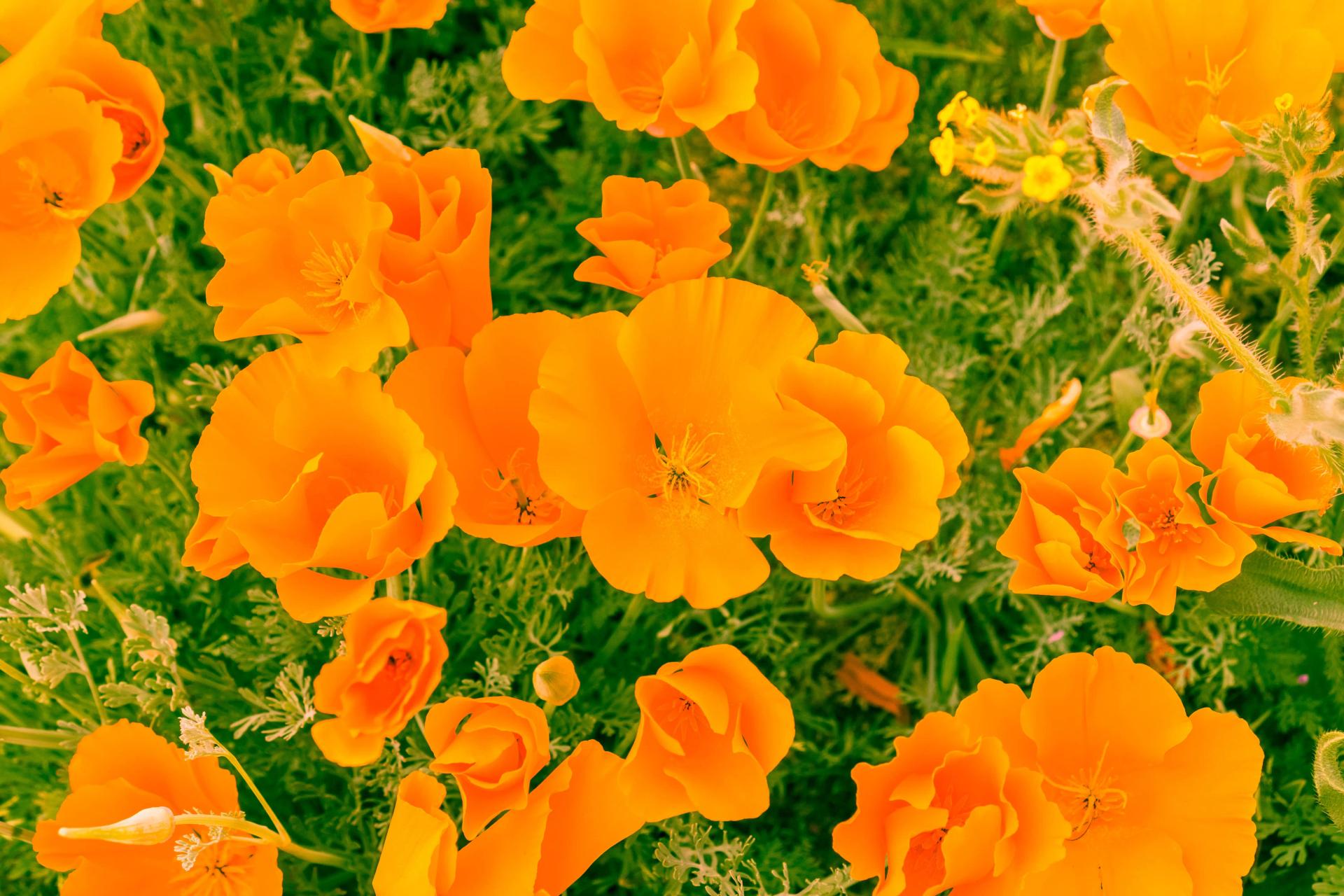
Weigela
A weigela shrub is another neglect and drought-tolerant plant that comes in a wide range of foliage and petals variegations. Weigela floribunda variegata, with its creamy-pink petals and gentle curly leaves, is a real delight and a fuss-free addition to a chalky soil garden. Weigela does well in full sun, but some species prefer partial shade so that their variegated foliage doesn't fade out. Occasional watering will suffice.
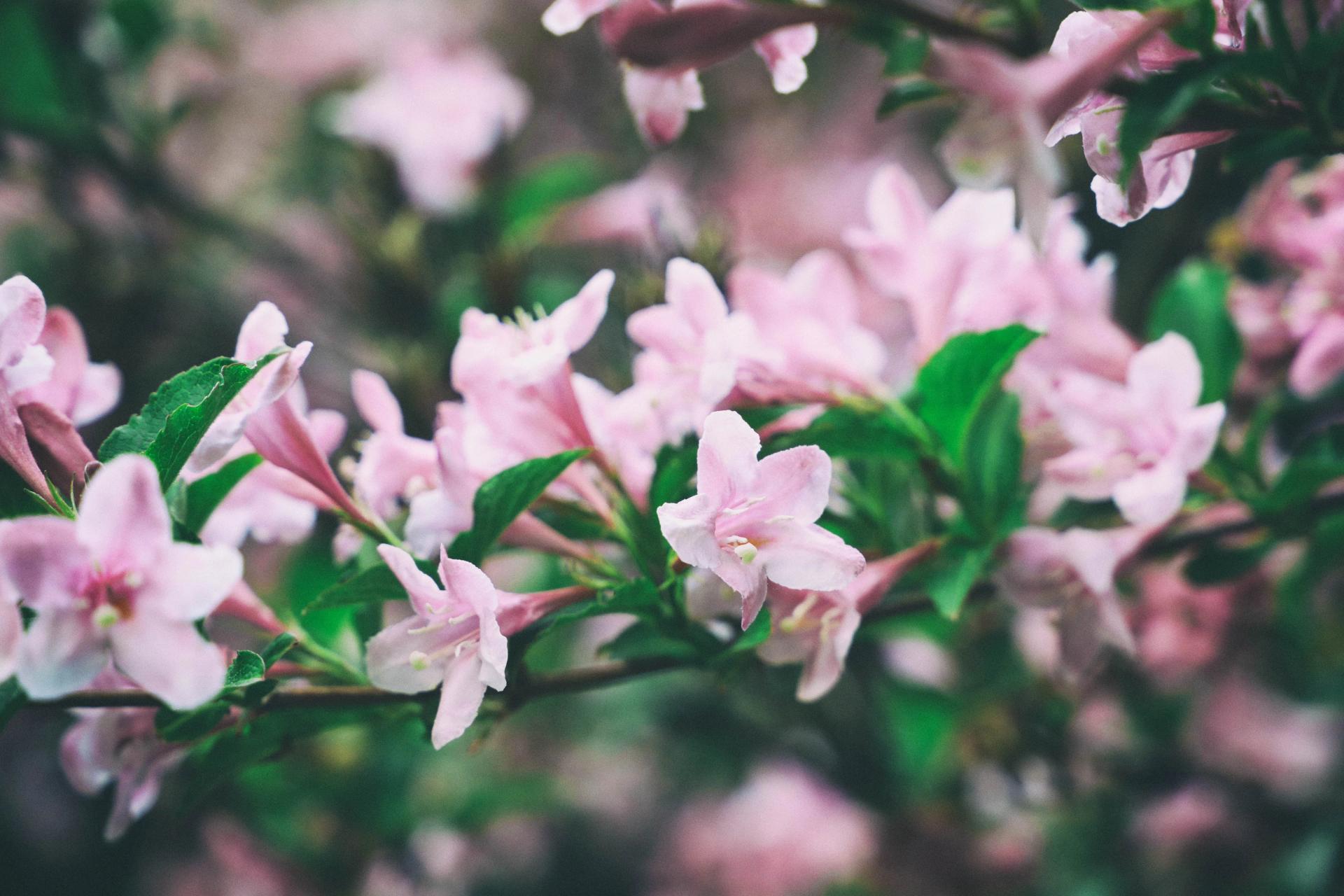
Baby’s Breath
Gypsophila paniculata is a perennial that is as delicate-looking as its common name, Baby's Breath! It is, therefore, all the more surprising how little care it needs. Gypsophila paniculata is also loved as a fairy garden plant - its blossom is easy to preserve, and its ornamental properties are unmatched if you want to give your garden a refreshing and dreamy look. Keep the watering of this plant to a minimum and try to provide as much sun exposure as possible. Baby’s Breath plant prefers to be on the drier side so pay attention to the drainage of the soil.
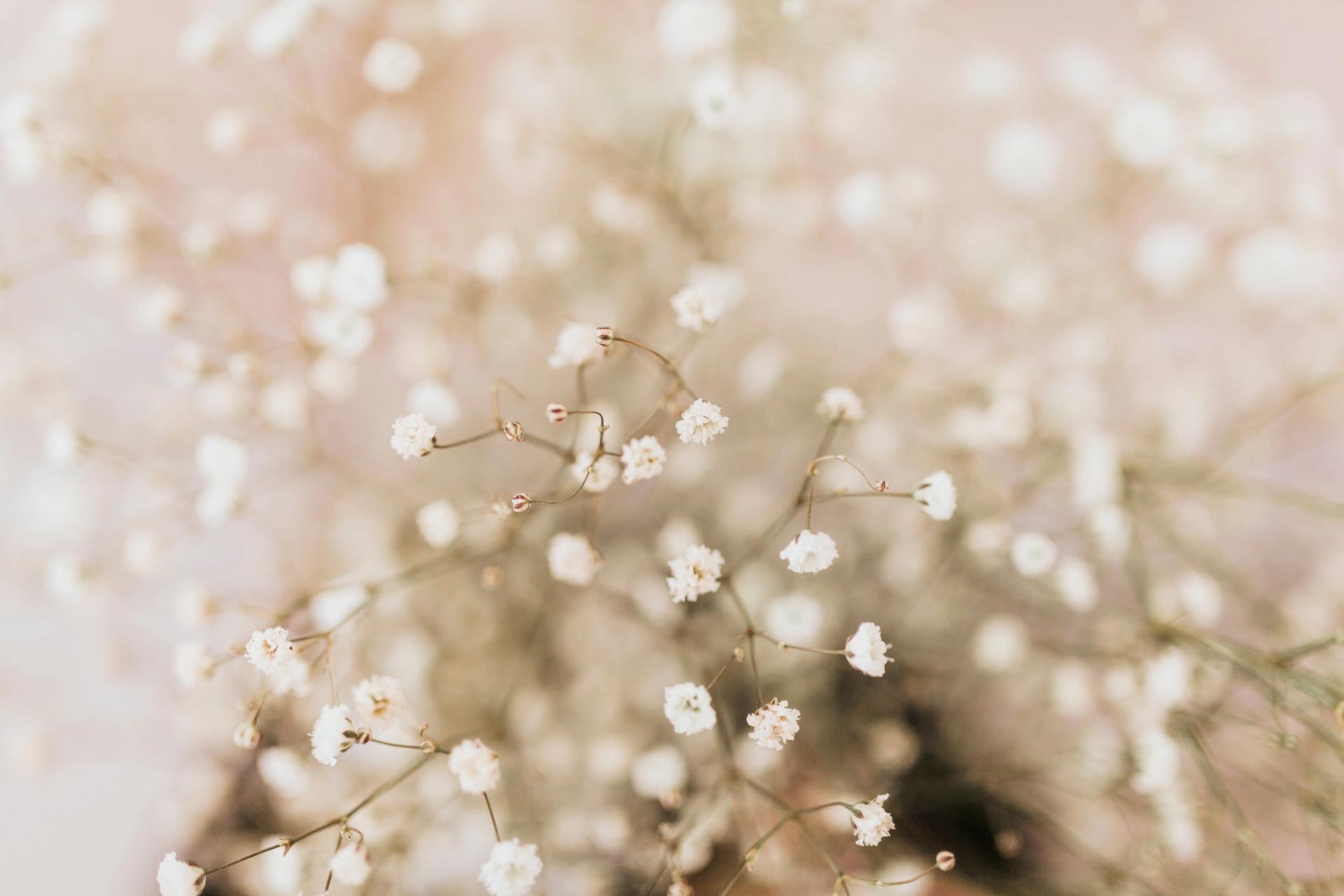
Philadelphus
Among other plants for alkaline soil is this elegant, fragrant shrub, known by its common name of Snowbelle. It's best to plant it close to a picnic spot or a chill area, it is perfect to rest one's eyes upon it and enjoy a citrusy aroma on a summer day. Philadelphus boasts about both heat and cold tolerance. However, we recommend choosing a sunny spot for this beauty.
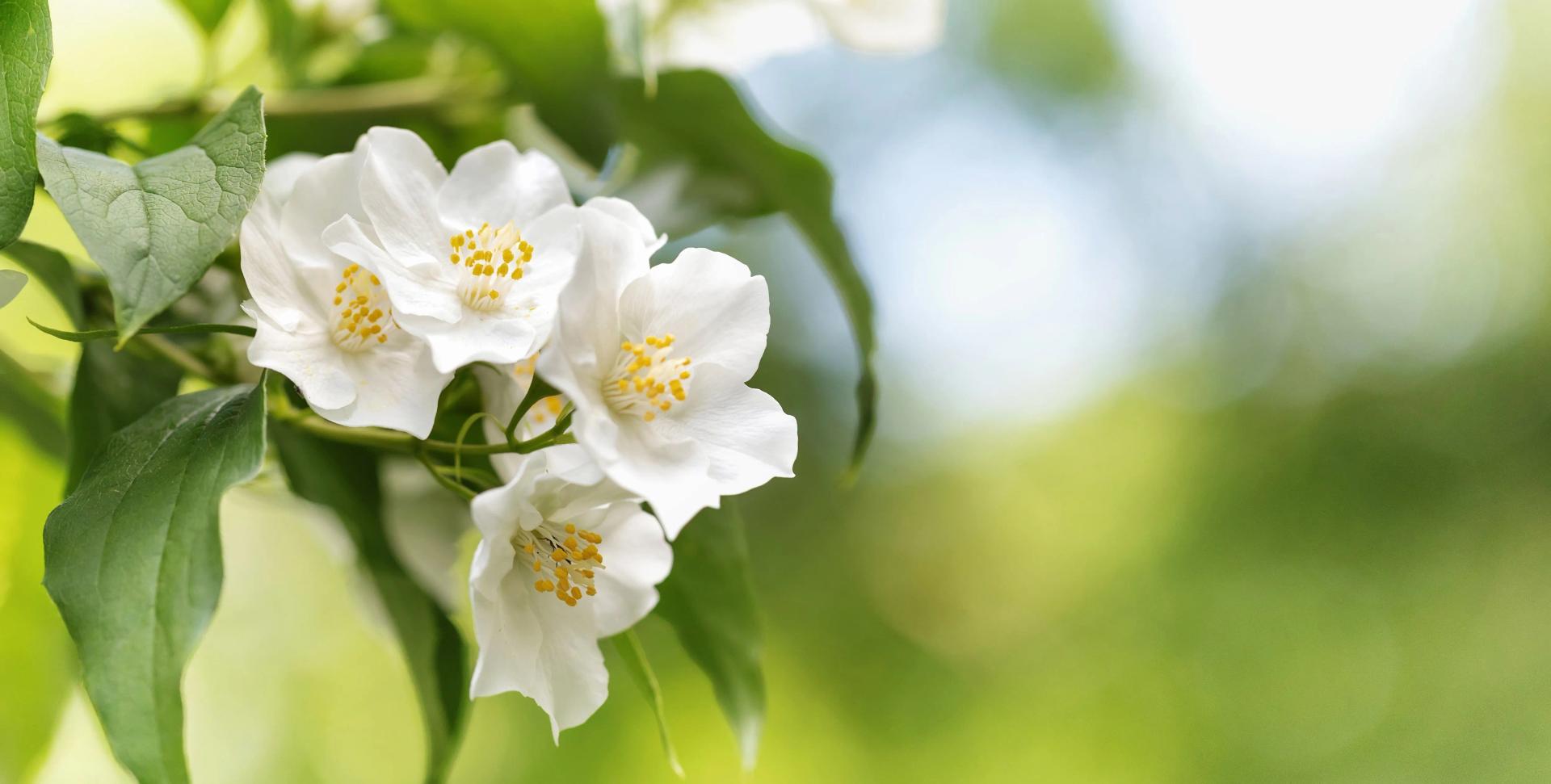
African Lily
Agapanthus africanus combines stunning, rich hues of its flower heads with surprising hardiness – some species can easily be left to overwinter outside with no potential damage to be afraid of. However, it's hard to resist their looks, so it's good news that these plants also behave well in containers or pots. Make sure to provide them with enough sun exposure. Deadheading the flowers will encourage further blooming.
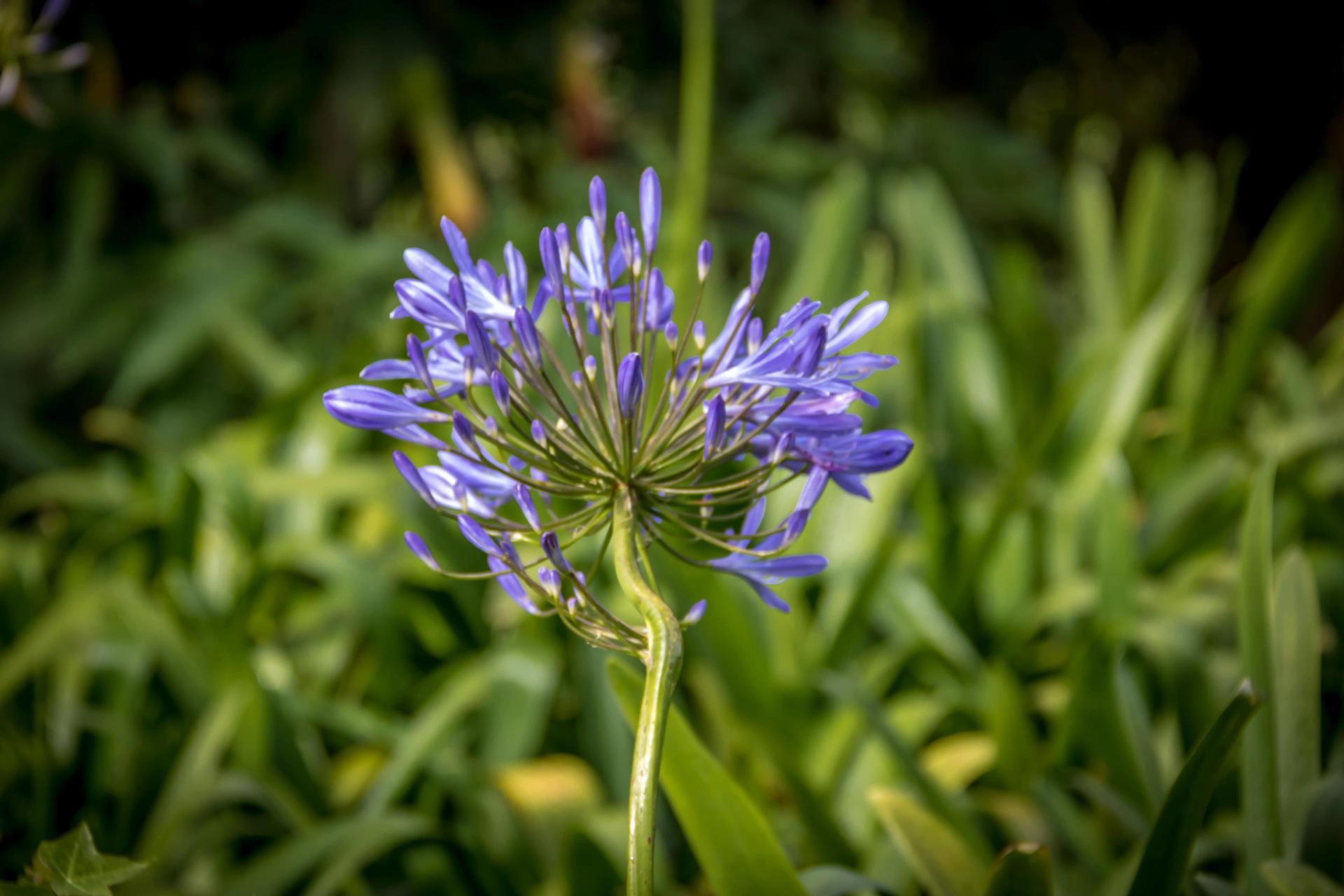
Chinese Peony
A common garden peony, so valued for its large, fragrant flowers, makes another good choice for a chalky soil garden. Their beauty enjoys freedom and plenty of air, so choose a spot that will provide sufficient space and air circulation, as well as no need to fight over the nutrients in the soil. If you don't plan to cut the flowers to enjoy them as a decor setting, use wooden or metal sticks to provide support for the stem. Peonies enjoy full sun except for places with extremely hot temperatures.
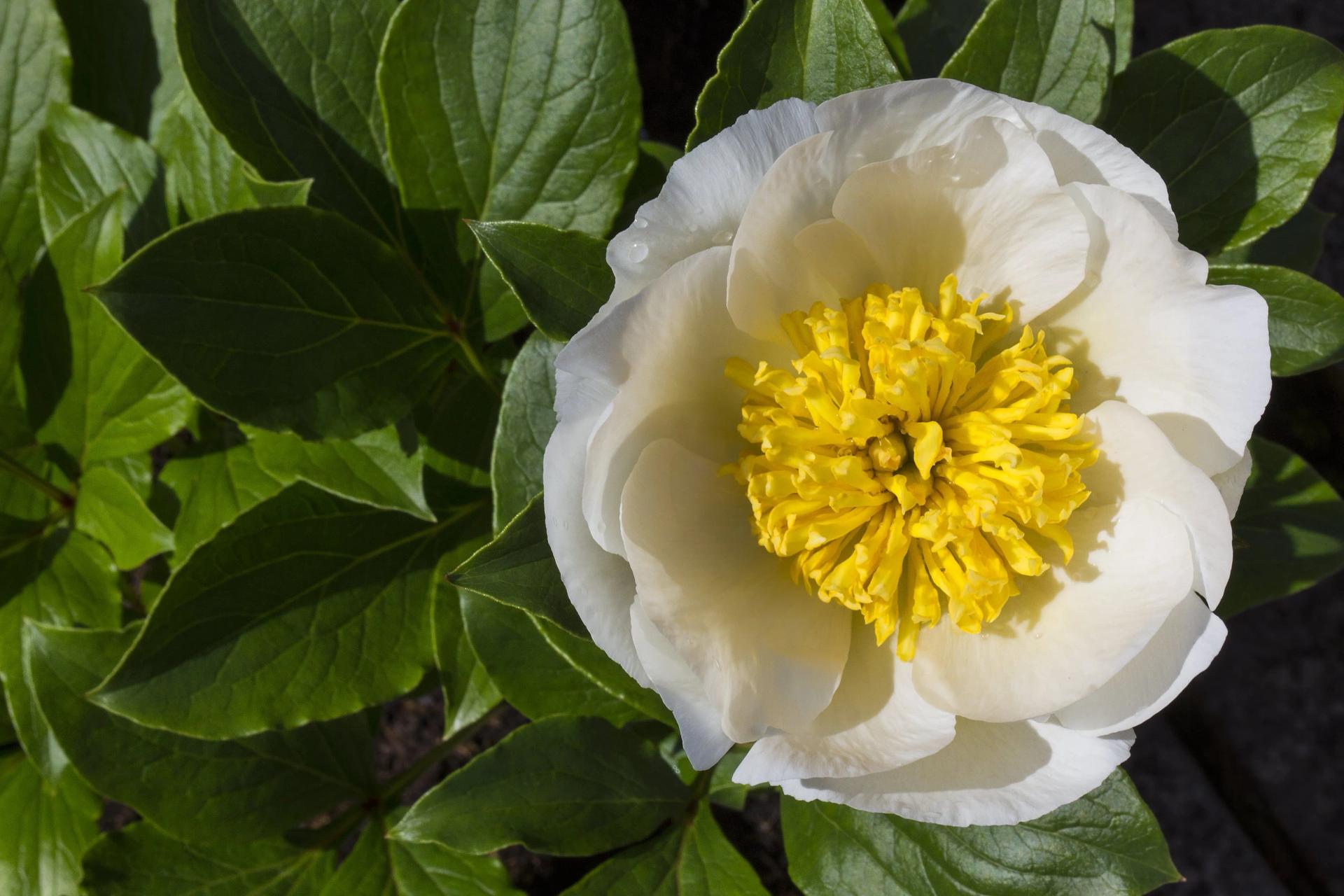
Madonna Lily
This one is a real eye-catcher and is appreciated for the visual contrast it provides to the esthetics of your garden. Lilium candidum requires some protection from the aggressive midday sun, which does not exclude at least 6 hours of bright light exposure daily. The soil should be kept evenly moist but watch out for overwatering the plant - it is rather prone to root rot as a result. Deadheading the blossom will be beneficial to the health of the plant. Alternatively, you can cut the stalks with the buds that look like they will open up in the next 2-3 days and enjoy them in a vase.
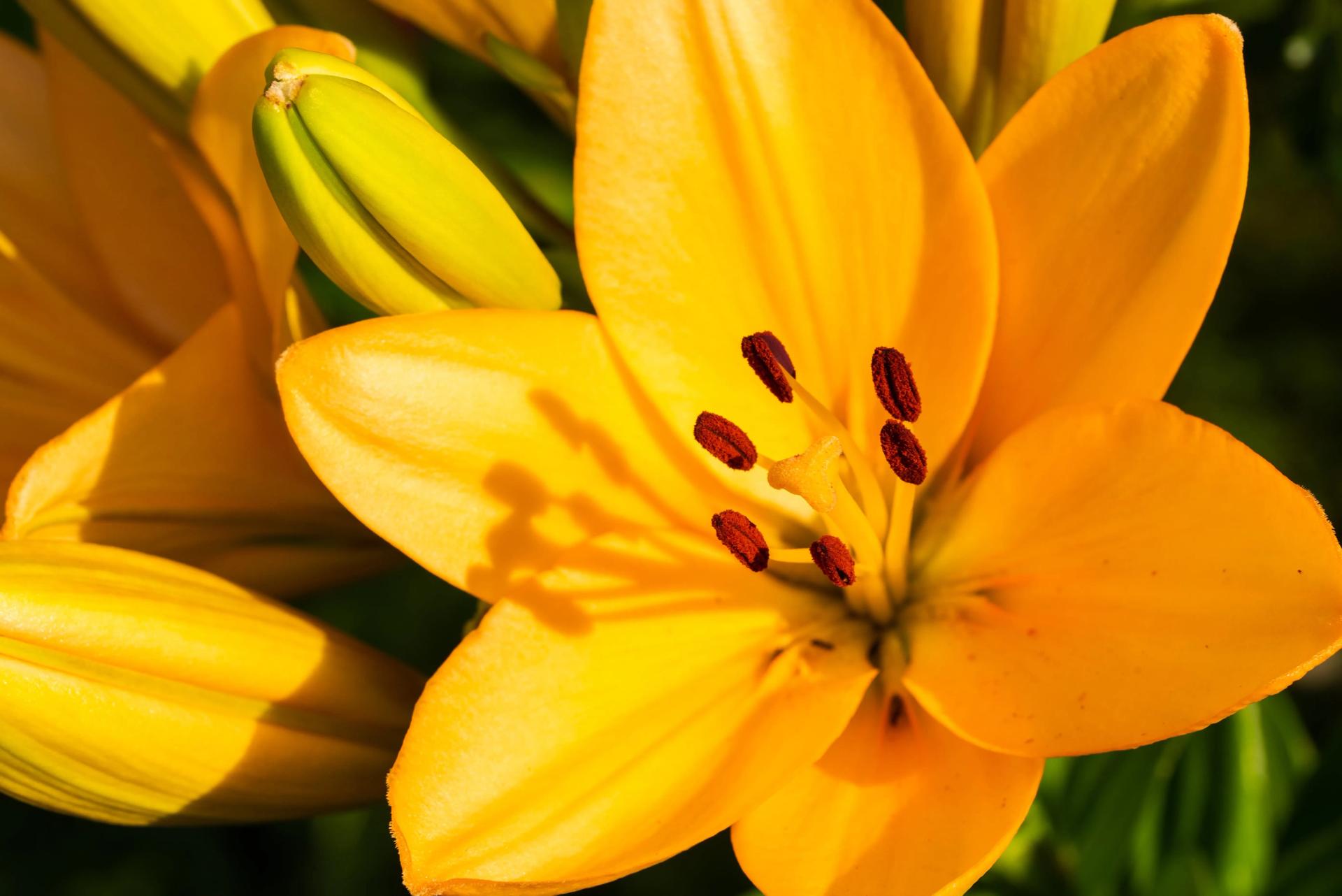
Rosemary
If you're looking for a garden herb plant that will do well in a rather poor chalky soil, rosemary is a great choice. It does best when you don't pay too much attention to it, and it is drought and cold-tolerant. Chalky soil works all the better for rosemary because it cannot stand excess moisture.

FAQ
How to Fix Chalky Soil?
Chalky soil can be tricky, but it’s easy to improve. Just mix in compost, leaf mold, or well-rotted manure to help it hold water and nutrients. Iron or manganese fertilizers can fix deficiencies, and planting something like clover first helps keep the soil healthy and easier to grow in.
Alkaline chalky soil may seem like a hard-to-tame environment to grow your plants in, but in reality, it offers a lot of benefits for particular species. Make sure to use fertilizer and top the soil with some organic compost, and you'll quickly befriend this garden soil type.
